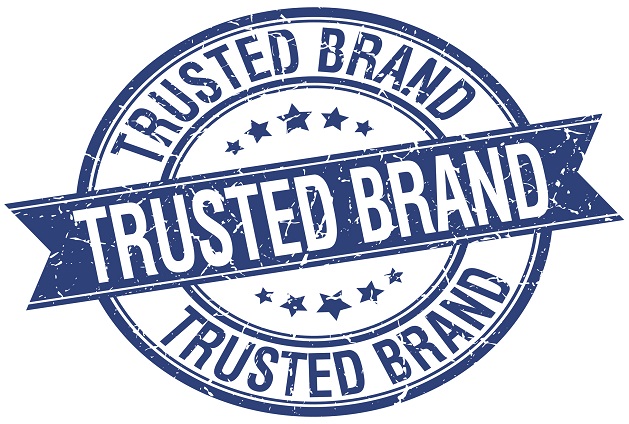
As a company, generating good online reviews is a great way to drum up business and showcase the value of your services. Of course, not all the reviews you get will be positive, and it’s essential to develop a reputation-management strategy that lets you effectively respond to those that are less than favourable.
With that in mind, we at LinkNow Media have devised the following 5-stage process to help business owners respond to negative reviews.
Five Steps to Writing a Successful Negative Review Response
1. Evaluate internally
Before responding to a negative review, it’s first important to evaluate its validity. Discuss it with your colleagues: Does it contain any constructive criticism that may help you improve your business practices? Is there anything you could have done differently to change that person’s experience? Even if the reviewer has embellished some aspects of their review, there might be a kernel of truth that could help you improve your business.
By developing an internal evaluation procedure, you’ll be able to approach such reviews with a clear mind and a cooler head. It’ll stop you from posting whatever first pops into your mind. Instead, you’ll be able to focus on the potentially valid criticism a reviewer might have and respond to it appropriately.
2. Respond publicly
As enticing as it might be, don’t start by reaching out to a reviewer privately. Other viewers need to see that you are addressing such reviews so that they understand you’re trying to redress the problem. Ultimately, it’s best just to respond to the negative review directly on your Google My Business page.
Accessing Your Google My Business Reviews:
- Go to business.google.com and sign into Google My Business.
- Click on the three horizontal bars in the top left-hand corner of the page.
- When you find a review you want to respond to, click “View and reply” (or “Respond now” if on a mobile device).
3. Empathize
Customers can tell when your response is half-hearted. If you all you post is fluff without substance, they’ll take notice. Worse still, they might think you don’t care about your business.
Show reviewers that you care. Address them by name, thank them for their review, and if possible, highlight something positive they mentioned about your business. If necessary, apologize when you could have done something to improve their experience.
4. Offer solutions
It’s important to offer customers a solution to their problem. We’re not saying you have to bend over backwards with discounts and full refunds, but you should provide them with something that’s actionable. At the very least, give them the opportunity to reach out to you personally and address their grievances one-on-one.
5. Move the conversation offline
When you’re offering solutions that require further discussion, it’s best to move the conversation offline. Leave the customer your contact information and let them get back to you. With the ball in their court, you’ve done everything that you can—at least for the time being.








